What is "wishcycling" and why is it a problem?
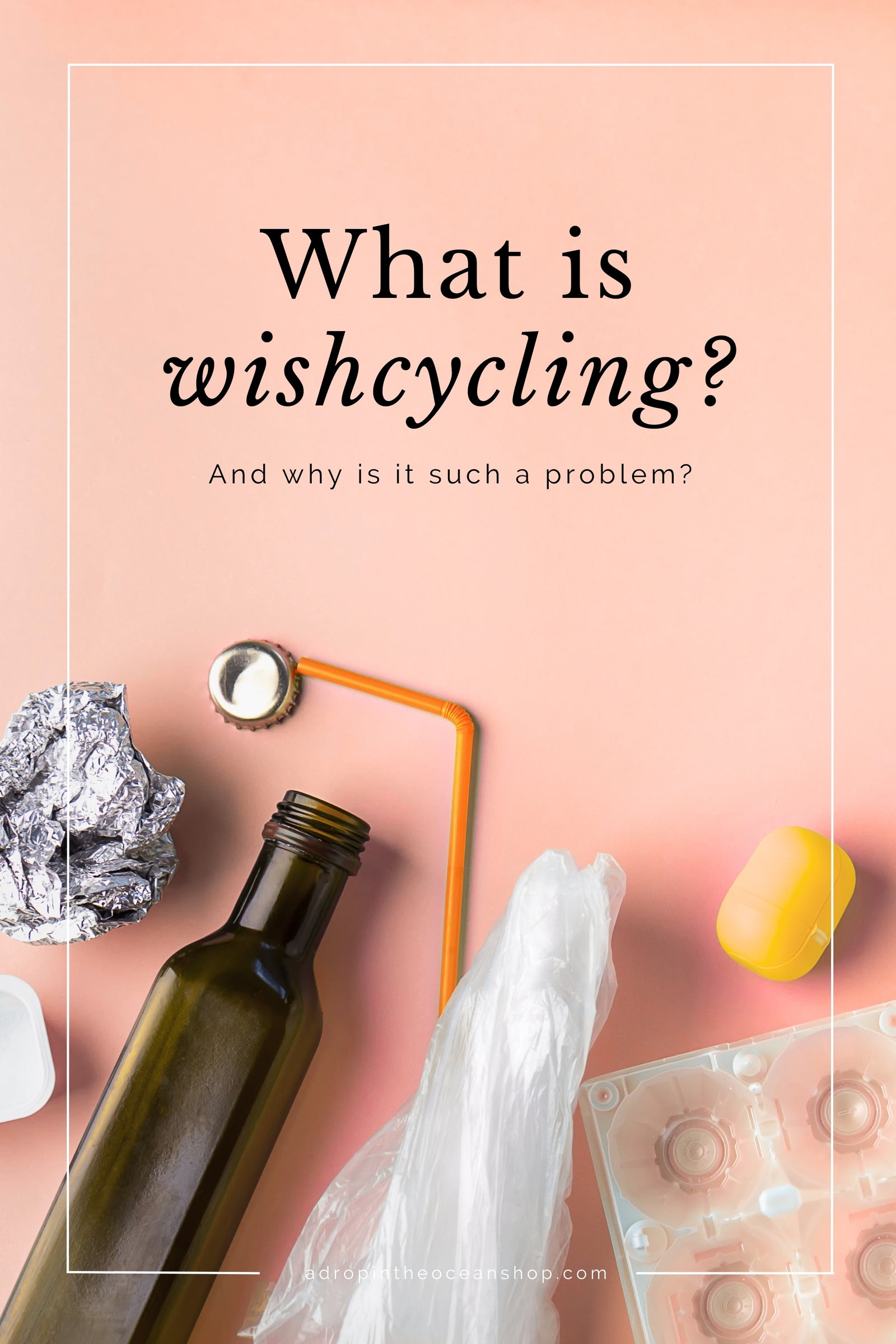
This post first appeared in our weekly Make Waves Mondays email series on July 24, 2023.
Hey friend!
You may or may not have noticed that there was no blog last week. My partner and I just moved into a house together and last week was spent completely unpacking and organizing my new office (I have an office now!!!) and moving the last of our things out of our old apartments. (Check out my post all about Zero Waste Moving and the tips I learned from this move)
It’s been a heck of a couple weeks getting everything moved in, and we’re still working on the organizing part, but it’s already sooo nice and we’re beginning to settle into this new chapter of our lives 💙
So thank you SO much for your patience and all of the support and congratulations you’ve shared via email or social media - it truly means the world.
And now, onto today’s blog, continuing in our theme this month all about recycling right.
So far this month we’ve talked about what the recycling symbol actually means and what the different numbers on plastics mean, and today we’re diving into the world of wishcycling ✨👇
What is wishcycling?
Recycling makes us feel good.
When we see a recycling bin instead of a trash can we feel good. We feel good that we’re keeping resources out of landfills and that our waste will get another life.
But, unfortunately, our brains are so wired to do the “right” thing that it can actually lead to wishcycling instead of true recycling 😳
Wishcycling is when we put something in our recycling bins hoping that it’ll get recycled, when in reality that thing isn’t actually recyclable.
We’ve all done it.
We’ve all held something in our hands, wondered if it was recyclable, and then put it in the recycling bin while saying to ourselves, “I’ll just put it in the bin just in case!”
And, ultimately, all that wishcycling actually leads to less being recycled.
Why is wishcycling a problem?
We’ve been fed a narrative that recycling is the ultimate eco-move.
A narrative that tells us if we’re not recycling, we don’t care about the environment.
Heck, I remember in elementary school having an entire class one day all about recycling.
So we listen. We do the thing we’re told makes us a good EcoWarrior.
And we put everything we possibly can into our recycling bins. And once a week we pull those recycling bins to our front curb, we watch the truck drive by and dump everything into the compactor, and we smile as we bring our empty bins back into our garage, feeling so dang good about all the stuff we kept out of landfills.
But what happens after our recycling is picked up by the truck?
After it’s picked up, our recycling gets dumped off at a Materials Recovery Facility, or MRF (pronounced murf).
At the MRF, everything gets sorted by real humans and big machines that separate out what’s actually recyclable and what’s trash.
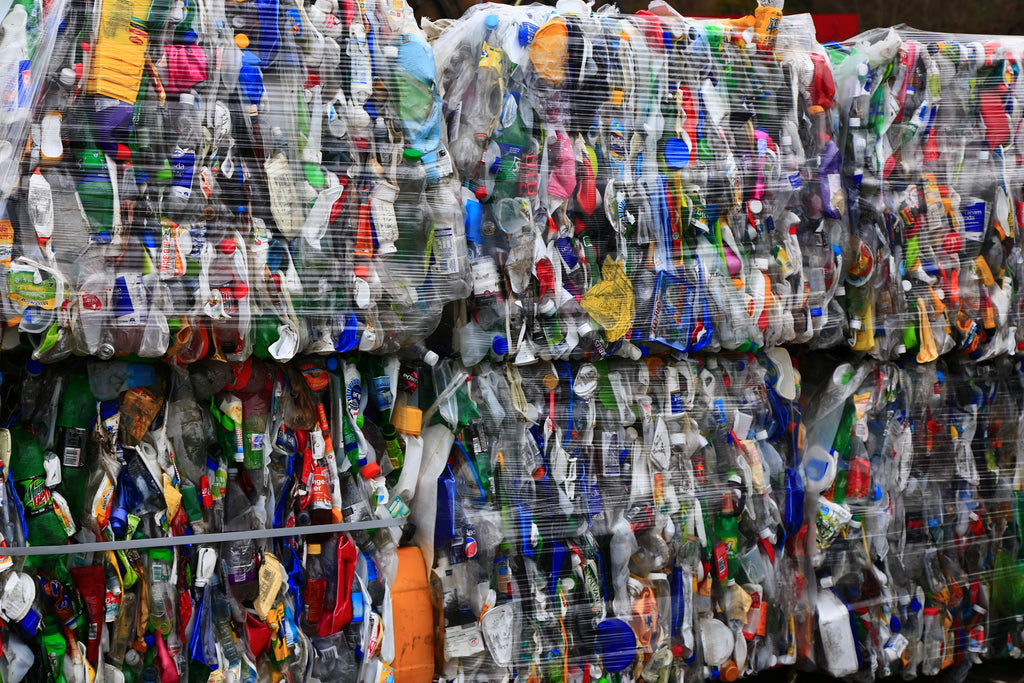 Plastic containers baled up at a MRF waiting for shipment elsewhere to be recycled.
Plastic containers baled up at a MRF waiting for shipment elsewhere to be recycled.
Photo by Nareeta Martin via Unsplash.
Then, historically, the US and many other western countries shipped nearly all of our recycling to China. We hadn’t invested in recycling infrastructure here, because why would we bother? We can just ship it overseas for other people to deal with for us!
Side note: When you hear stats about how the most plastic-polluted rivers are in Asia, remember this. Remember where all that plastic actually came from.
But then in 2018, China said, “no thanks!” to being the globe’s dumping grounds.
With their new Green Sword policy, China implemented a ban on all recycling imports above 0.5% contamination rate.
Contamination is basically anything that’s recycled improperly. That could be:
- putting something in the recycling bin that isn’t recyclable (aka wishcycling),
- putting something that is recyclable in the incorrect bin, or
- putting something that is recyclable in the correct bin without being empty, clean, and dry.
According to a 2022 survey from Recycle Coach, the average recycling contamination rate in the US is 17%.
But that’s the average. Some cities are experiencing contamination rates at 40% or more.
So in effect, China completely banned the rest of the world from shipping their recycling to them.
Recycling is a business. It follows the same laws of supply and demand that every other industry follows. And if our recycling is so contaminated with things that aren’t actually recyclable, it makes the business of recycling that much more difficult to operate.
Think about it this way:
If you asked your friend to borrow a pen, which would be more helpful…
If they pulled one usable pen out of their bag and handed it to you, or if they handed you their entire bag and told you to dig through all of their crumpled receipts, candy wrappers, and expired gift cards to get to the one usable pen at the bottom of the bag that’s covered in crumbs?
It’s the same with recycling.
When we put unrecyclable things in our recycling bins, all we’re doing is putting the onus on the MRFs to sort through everything and send our trash to landfills for us.
Instead of just putting the unrecyclable things straight in our trash bins, where they can be picked up by the trash collectors and taken directly where they need to go, we’re instead making more work for the recycling collectors and the recycling sorters, and then actually using more fuel and energy to transport those unrecyclable things from the MRF to the landfill.
All while the plastics manufacturers sit back and keep raking in billions of dollars by keeping the focus completely off of themselves.
It’s a waste of time, waste of energy, waste of resources, and waste of taxpayer dollars.
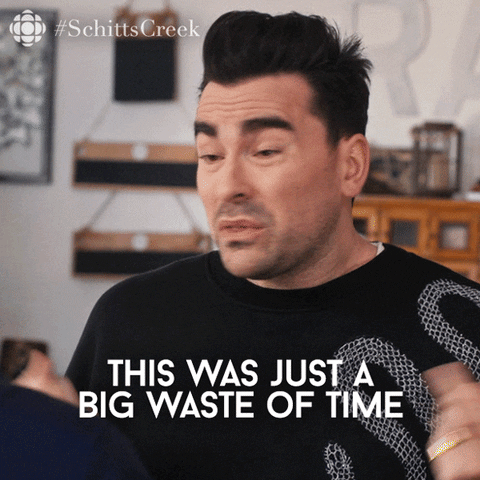
Why is wishcycling so common?
Our brains really want to do the right thing.
Like I said, recycling makes us feel good.
A 2013 study installed recycling bins in a men’s restroom with signage that “any used hand towels placed in the bin would be recycled.”
The study found that introducing a recycling bin actually increased paper towel usage by about half of one paper towel per person per use.
Which, the researchers point out, “may seem somewhat small in magnitude. However, if one considers that the restroom used in this experiment had an average of almost 100 users per day and multiplies this by 250 business days per year, the potential magnitude of the increase usage becomes increasingly substantial at about 12,500 paper hand towels annually in this restroom alone.” And that’s just one restroom in one building on one campus.
Another study in 2018 found a direct correlation between recycling and increased resource use. Basically, the more a person recycles, the more they feel they have “done their part” and that they can proudly consume more resources.
And a study in 2017 measured how many plastic cups people used to sample four different types of juices when there was a trash can next to the table versus a recycling bin. The researchers found that when the recycling bin was present, participants used significantly more plastic cups than when the trash can was present.
So what does all of this have to do with wishcycling and why it’s so common?
Instinctively, we want to do the right thing. We want to recycle our waste. We do not desire to send trash to our landfills.
And, ultimately, this desire to do good is influencing us on a subconscious level to keep consuming resources and actually consume more resources.
We’re bombarded with pro-recycling messaging.
Add onto all of this the fact that we’ve been absolutely bombarded for decades with messaging about how recycling is our responsibility and if we don’t recycle then we’re responsible for killing the planet.
After hearing that message for 40+ years, why wouldn’t we want to put everything we possibly can into our recycling bins?
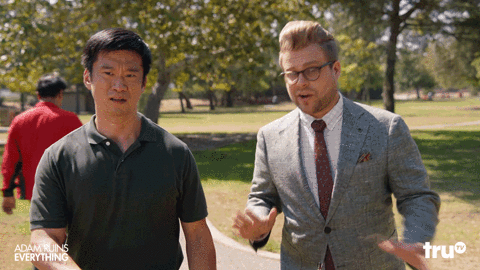
Recycling guidelines are too complicated.
Even if we take out the subconscious biases about recycling and ignore all of the pro-recycling messaging and we decide that we just want to recycle because it makes logical sense to do so…
Recycling guidelines vary widely from city-to-city, and as new materials are introduced into our products, it gets harder and harder to know what’s actually recyclable and how to recycle right.
The plastics manufacturers are telling us to recycle something, but our city is telling us to throw it away, while the next city over is telling us to go ahead and put it in the recycling bin, and the specialty recyclers are telling us to pay them to recycle it for us.
It’s too much.
We need to invest in our own recycling infrastructure, create standard guidelines for recycling across the country - or heck, at least standards across each state - and hold companies accountable and responsible for eliminating misleading information about an item’s recyclability.
Until we see these wide-scale changes, we need to continue to vote, and we need to do our best to avoid wishcycling in our homes and office spaces.
How can I stop wishcycling?
Let me just say, if you’ve been wishcycling, leave all guilt at the door. Like I said before, we’ve all done it.
The number of plastic bags I put in my recycling bins in college would give me a heart attack these days - and I was an environmental science major! This sh!t is complicated.
It’s all about doing what you can, when you can, where you can. And now that you know what wishcycling is and want to do better, you can.
So here are a few ways to stop the cycle of wishcycling in your home:
-
Learn what’s recyclable exactly where you live. Google “recycling guidelines [your city].” I guarantee your city has a whole web page dedicated to what’s accepted for recycling. Because, again, they don’t want to waste time and money either! If something is unclear, send them an email or give them a call. While you’re getting the hang of things, add a list of what’s accepted and what’s not by your recycling bin so you can quickly reference it when you’re tossing something out.
-
Get clear on what the chasing arrows symbol means. It doesn’t always mean something is recyclable, so start getting familiar with how to tell what exactly it means on different materials.
-
Learn what the different numbers on plastics mean. Even though recycling guidelines vary so much from city-to-city, understanding these different numbers and whether or not they’re commonly accepted for recycling is a huge step in avoiding wishcycling.
-
Avoid contaminating your recycling. I know, I know, sometimes this is easier said than done. But here are a few tips to clean up your recycling bin:
- Make sure everything in your recycling bin is empty, clean, and dry (this includes paper!). It’s not uncommon for me to put jars and bottles through my dishwasher before putting them in the recycling bin.
- Things like paper towels and paper napkins should be trashed (or home composted if you have that option available!). The fibers are too short to be recycled, even though they’re paper.
-
Greasy pizza boxes should be trashed (or home composted). If the lid of the pizza box is totally grease- and cheese-free, rip it off and recycle that. But anything with food residue should be thrown away.
- Plastic bags are a huge problem at MRFs. They get blown around and clog up machines, leading to long repairs and down production time. If you have unavoidable plastic bags, they should be bagged up together and dropped off at a plastic film drop-off bin near you.
And that’s all I’ve got for ya today, friend! Learning how to avoid wishcycling is one of the most important ways we can improve our recycling systems from the comfort of our own homes.
So will you do me a favor? Share this blog with someone who might appreciate this info, too. The more we can spread the word, the greater an impact we can all have, together.
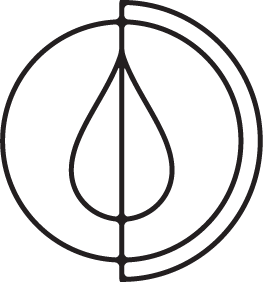

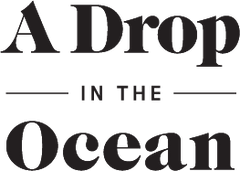
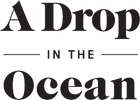
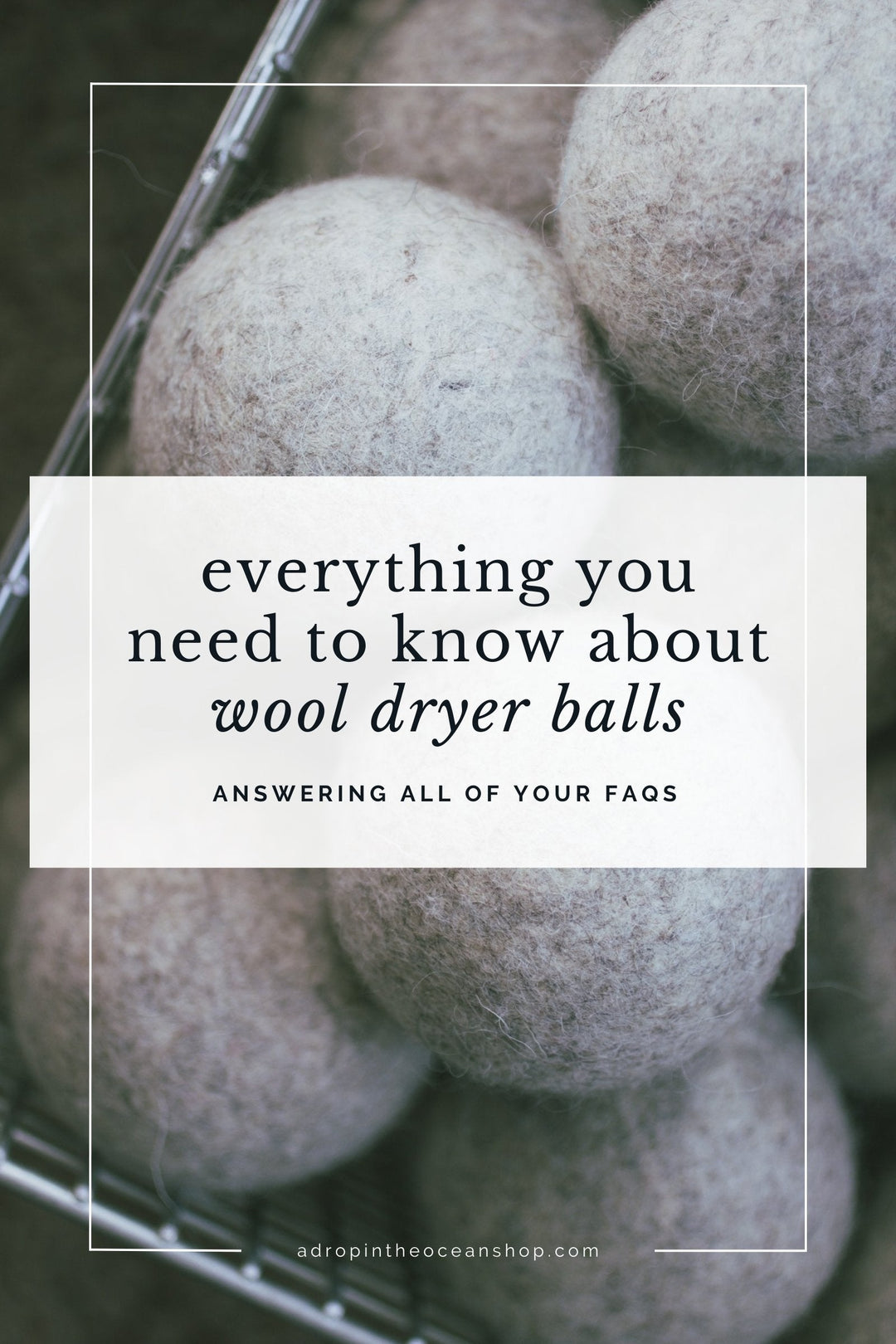
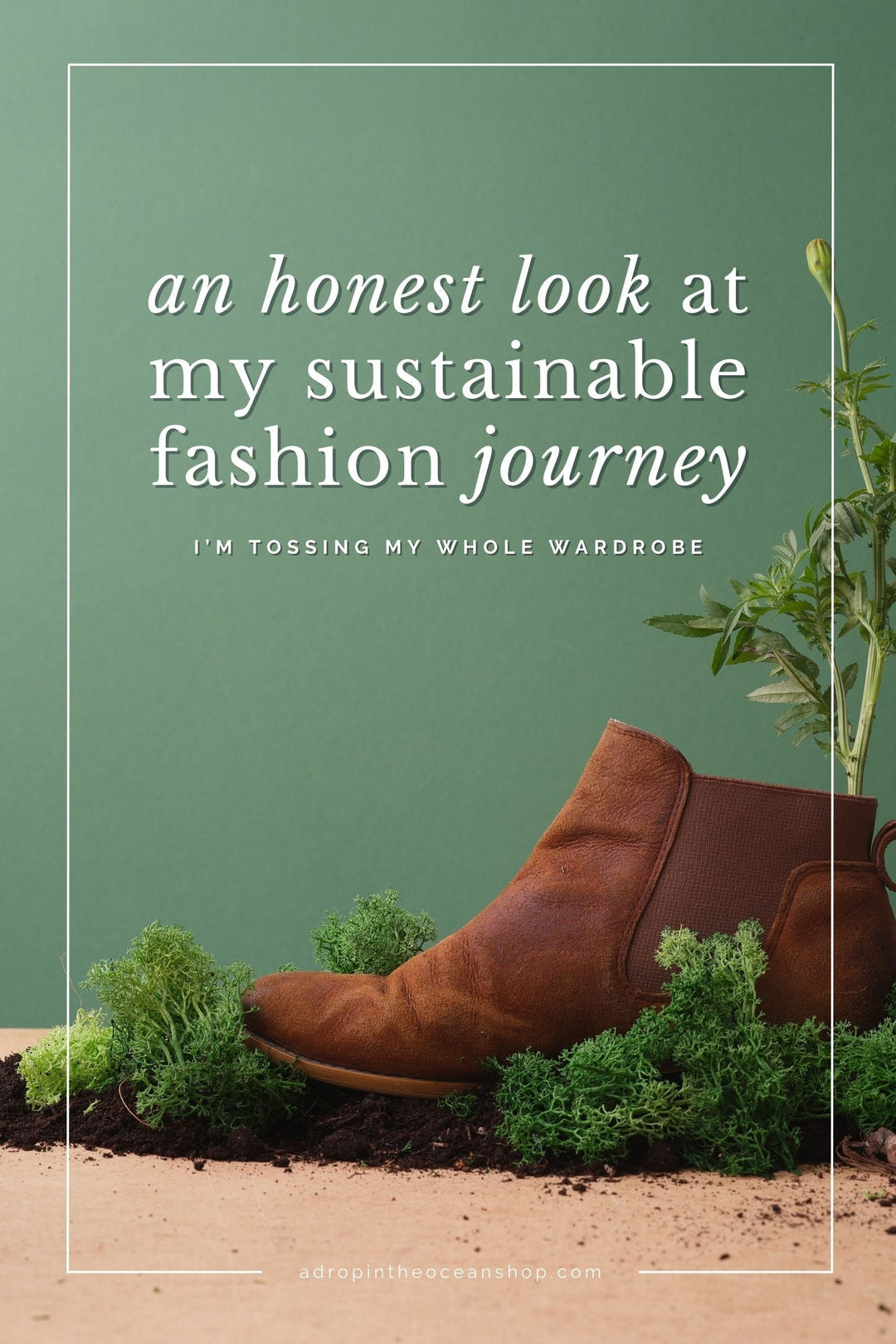
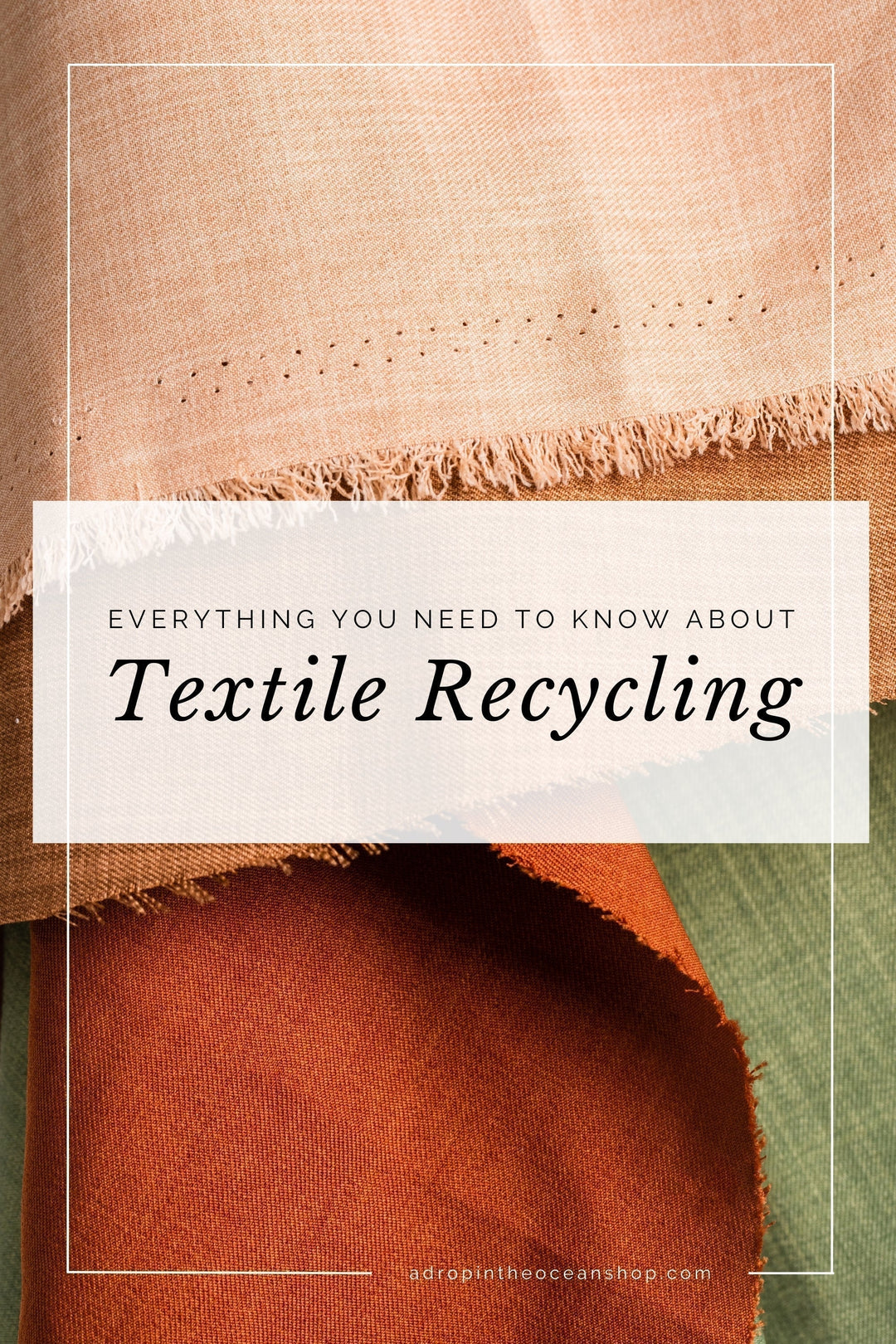
Leave a comment